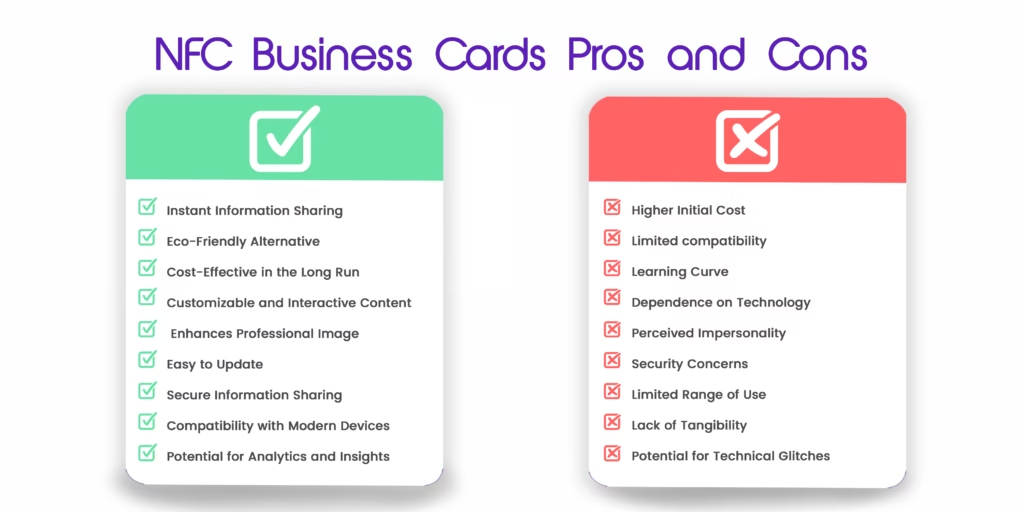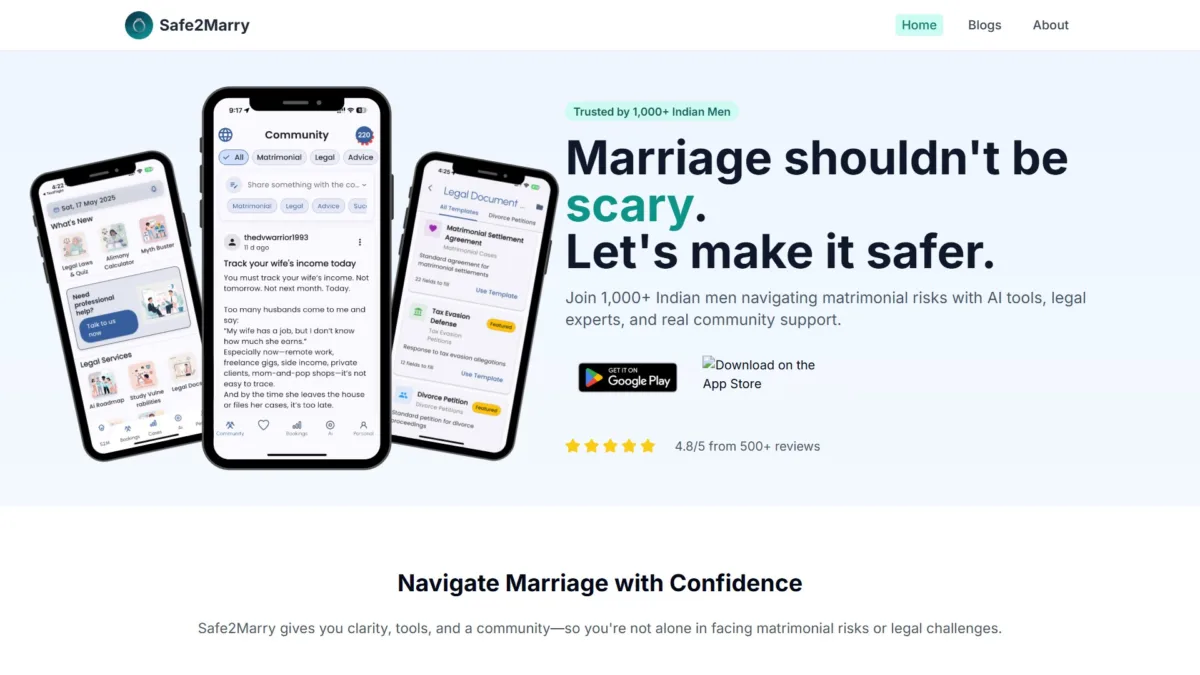Despite their many advantages, NFC business cards also come with certain drawbacks that need to be considered.
Higher Initial Cost
While NFC business cards can be cost-effective in the long run, the initial cost is significantly higher than traditional paper cards. For individuals on a restricted budget or small organizations, this could be a hurdle.
Limited Compatibility
Although most modern smartphones are NFC-enabled, not all devices have this capability. This means that some of your contacts may not be able to access the information on your NFC card. It’s essential to have a backup option, like a QR code, for those who can’t use NFC.
Learning Curve
For those unfamiliar with NFC technology, there may be a learning curve. Not everyone knows how to use NFC, and some people may be hesitant to tap their phone against a card, fearing data breaches or malware. Educating your contacts on how NFC works is sometimes necessary.
Dependence on Technology
NFC business cards rely on technology, which means they’re only as good as the device they’re interacting with. If a smartphone’s NFC function is disabled or malfunctioning, the card won’t work. Additionally, NFC cards are not immune to technical issues, such as malfunctioning chips.
Perceived Impersonality
While NFC business cards are undoubtedly cool, they can come across as impersonal. There’s something about handing over a physical card that adds a personal touch to the interaction—something that digital alternatives might lack.
Security Concerns
Even though NFC is generally secure, there are still some security concerns. For instance, NFC tags can be overwritten or tampered with if not properly secured. This could potentially lead to data breaches or the dissemination of incorrect information.
Limited Range of Use
NFC business cards are still relatively new and not universally accepted. Some industries or professionals may prefer traditional business cards, seeing them as more reliable or familiar. Therefore, NFC business cards might not be suitable for all networking situations.
Lack of Tangibility
Traditional business cards have a physical presence—they can be kept in a wallet, displayed on a desk, or pinned to a board. NFC business cards, on the other hand, are intangible once the data is transferred. Some people might miss having something physical to hold onto.
Potential for Technical Glitches
As with any technology, there’s always the risk of technical glitches. NFC chips can fail, and smartphones may not always read them correctly. These technical issues can be frustrating, especially in a high-stakes networking scenario.






